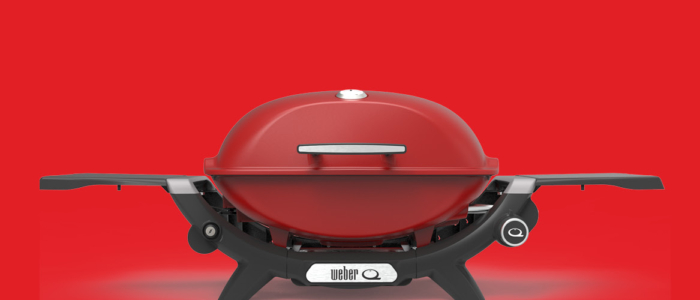Ready mix concrete (RMC) is simply concrete that’s specially made for delivery from a central plant to the client’s construction site. Every batch of RMC is custom made based on the requirements of the contractor and is brought in a freshly mixed, plastic or unhardened condition usually by cylindrical trucks (cement mixers).
There are many advantages of using RMC versus onsite concrete mixing. Here are some of them below.
Reduced Construction Expenses and Time: Opting for RMC greatly minimises expenses as it cuts down on material consumption, labour and storage costs. In preparation of RMC, the proportion of all ingredients used are accurately measured and maintained, which consequently diminishes a lot of waste. The manual labour involved in onsite concrete mixing is relatively significant and is not needed for RMC. Using RMC also saves on the number of workers, including the amount of time they have to spend for every casting. The cost of raw materials needed for concrete production along with storage can also be very costly. Another advantage of using RMC, is it almost completely eliminates the need of onsite storage, which again lessens total costs and inconvenience.
Greater Quality: More often than not, quality assurance for onsite concrete has been a huge issue for many construction firms and engineers. The ratio of water-cement and grading of the aggregates are almost not feasible using the traditional concrete. But by using RMC, quality is constantly maintained, especially if the concrete is batched from a reputable company such as Atlas Concrete.
Eco-Friendly: RMC is eco-friendly in a lot of ways. Concrete’s ingredients (water, aggregate, and cement) are plentiful in supply and have a lesser impact on the environment in their extraction than other building materials. Quarries, the main source of raw materials, can be quickly reclaimed for residential, recreational and commercial use. They can also be refurbished to their natural condition. Plus, leftovers are readily reused or recycled.
Lower Maintenance Costs: Ultimately, concrete buildings can endure the test of time because of their tremendous sturdiness and minimal maintenance requirements and possess a huge sustainable advantage compared to other structures. Moisture and humidity can damage other construction materials except concrete due to rust or rot. Other elements such as moulds and termites will not have an adverse effect on concrete. Concrete also keeps getting stronger through time, as proven by many concrete structures built thousands of years ago that are still virtually undamaged. As such, it saves resources by reducing maintenance and the need for rebuilding.
These are just some of the many benefits of RMC. Hopefully, this will help you make an informed decision when choosing building materials. Feel free to get in touch with us should you have any enquiries. We’ll be more than happy to assist you!



